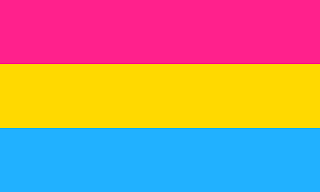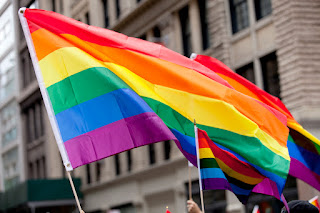A Reflection on My Gender
(585 Words)
As a cisgender woman, a surprising amount is expected of me. People see a slimmer person, with longer hair, curves and smaller hands and a whole world of stereotypes immediately spring to mind. While I do enjoy dresses, occasionally, and have a higher voice accompanied with repetitions of the word “like”, this only scratches the surface of what people assume once I am labeled as a woman. I am expected to be emotional and boy-crazy while also coming across as quiet and respectable. I am expected to dress in a flattering, feminine way, while also not “distracting” my male counterparts. These paradoxes disrupt my life and relationships, especially when interacting with figures of authority, strangers in public, men, and even other women. I am catcalled , disrespected, and bothered in public spaces. I feel the effects of sexism in environments that are supposed to be welcoming as I notice that I am not taken as seriously or not listened to by even those that I care about. These everyday experiences and expectations are instrumental in marking me as a woman, even though not many of them are controlled by me.
While the world already has a lot of stereotypes laid out for women, the fact that I am white creates more. Although white men hold privilege over us, there is still a level of entitlement associated with being a white woman because of our white privilege. We are often expected to fit the “Karen” stereotype and “ask for the manager” or use this privilege to make sure everything goes our way. We are perceived to be racist ourselves, as structural racism is built into the world we live in. In terms of physicality , this structural racism has codified whiteness as the beauty standard around many parts of the world. I remember wondering as a child why I wasn’t more pale, with blonde hair and blue eyes. Although we hold the privilege of being the beauty standard, we are still expected to be thin, blonde, and pretty, or as close as you can get to it. Additionally, I was raised in a Christian society. As Christians, women are supposed to be pure and modest. This affected everything about what was expected of me in my Catholic school, from long skirts to the teaching of abstinence.
While this was my experience, women of color are held to all of the standards associated with being women as well as being plagued with different scripts that come with the racism of society. For example, the stereotype of the “Hot Cheeto girl” or a black or latina woman who is loud, usually angry, and oversexualized is applied to women of color who are even slightly out of the impossible standard of white femininity. Their beauty is not recognized in the eurocentric standard, and their thoughts and feelings are given even less thought and consideration than those of a white woman.
Finally, being a bisexual woman adds a whole new level of confusion. I am either seen as a lesbian or straight, depending on what I wear. A whole new set of scripts is in place for lesbians, and it usually overlaps with those set out for men. Lesbians are stripped of any femininity by society, as this makes more sense than a woman who is simply outside of either set of stereotypes, male or female. Society wants to place people in boxes, and as a bisexual person with a masculine sense of style, the pressure to fit in is definitely felt.


I like how you are able to analyze how the scripts associated with your gender are perturbed/modified when scripts associated with your sexual orientation are added. Looking forward to reading your paper #1!
ReplyDelete